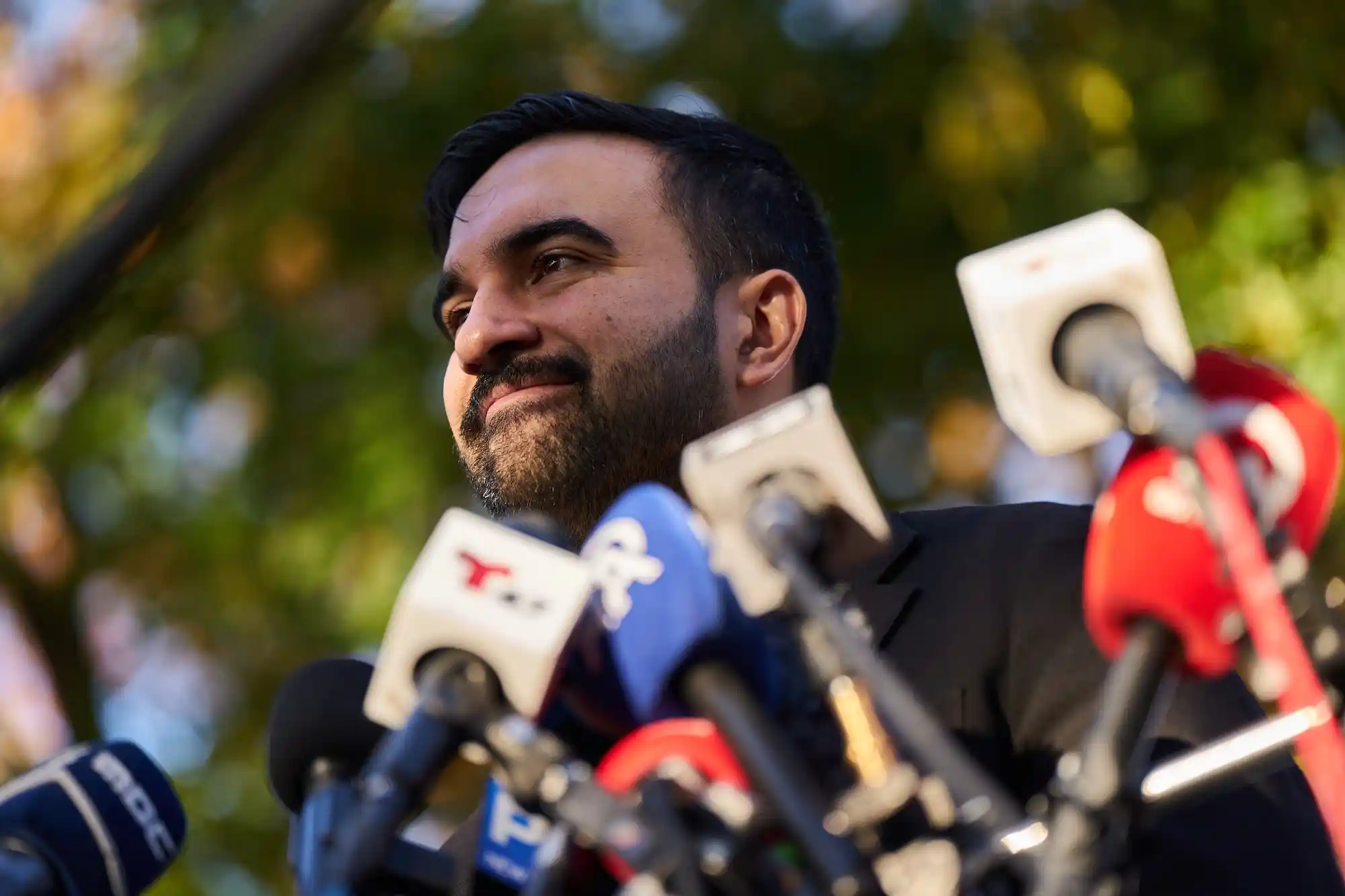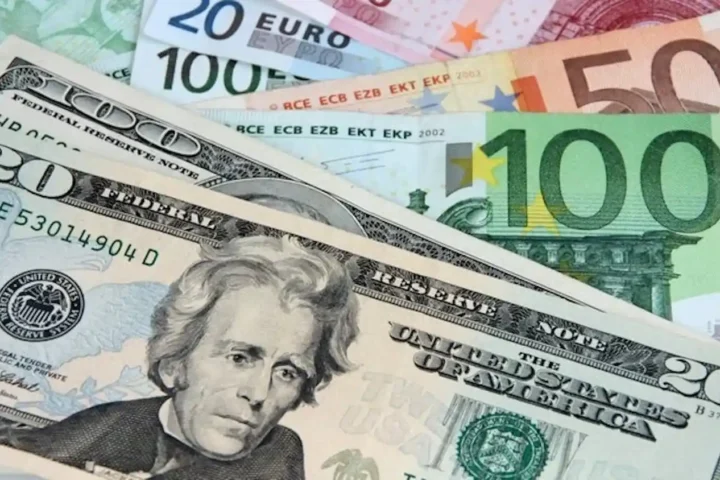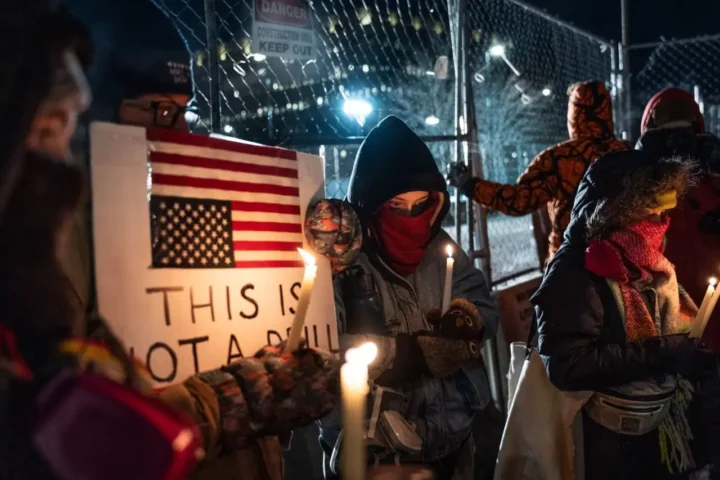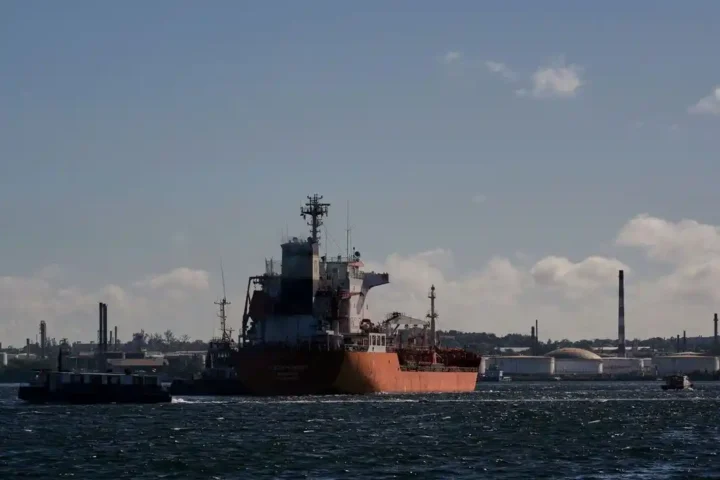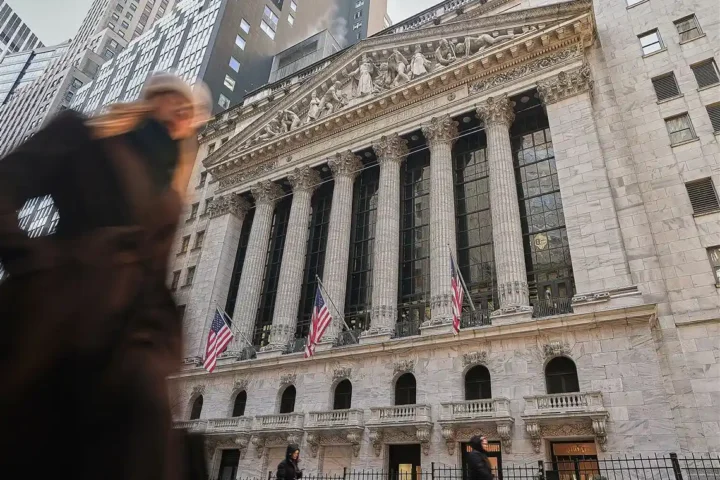Zohran Mamdani’s emergence as New York City’s mayor marks a historic and fraught moment where bold progressive ambitions collide with deep economic challenges and a hostile national political climate. At just 34, Mamdani’s ascendancy as the city’s first Muslim and South Asian mayor, combined with his identity as a democratic socialist, has energized a diverse coalition eager for change but also galvanized opponents who see his vision as a threat to the city’s stability and economic standing.
Mamdani’s platform centers on radical efforts to tackle New York’s skyrocketing cost of living and social inequities. His signature proposals include making city buses fare-free, instituting universal child care for children from six weeks to five years, and imposing rent freezes affecting one million tenants in rent-stabilized apartments. These initiatives, alongside calls for tax hikes on the city’s wealthiest and corporations, signal an ambitious attempt to upend structural inequalities and provide tangible relief to marginalized communities grappling with affordability crises. Yet, financing these commitments presents a daunting obstacle, as the state legislature and Governor Kathy Hochul—though supportive of some measures—have balked at significant tax increases on affluent residents, fearing economic fallout and business flight.
The broader economic context further complicates Mamdani’s task. New York’s post-pandemic recovery has stalled, with job growth barely keeping pace and a precarious fiscal situation exacerbated by fluctuating federal policies. Amnesty cuts looming over Medicaid threaten to hollow out critical safety nets, and shifting tariffs add uncertainty over the stability of municipal revenue streams. Moreover, President Trump’s repeated threats to cut federal aid to the city and his controversial declarations that the election of a “democratic socialist” justifies National Guard deployments inject a volatile political element that complicates governance. This heightened federal antagonism could divert Mamdani’s focus from domestic priorities to prolonged battles over budgetary and jurisdictional autonomy, draining political capital from urgent city needs.
Despite these challenges, Mamdani’s victory symbolizes a transformative political coalition reshaping New York’s electoral map. His campaign united youthful progressives, immigrant communities—particularly in Queens—and working-class Black and Latino voters, expanding beyond traditional Democratic strongholds. This coalition’s enthusiasm drove record voter turnout, signaling a generational and ideological shift. But translating electoral energy into governance success requires navigating the realities of a sprawling municipal bureaucracy and entrenched administrative inertia. Delivering on promises in areas like housing, crime reduction, and public service improvement will demand pragmatic leadership and coalition-building beyond campaign rallies.
Public dissatisfaction with the delivery of city services remains acute. Surveys report only 27 percent of residents satisfied with municipal performance, a steep decline since 2017, fueled by frustrations over homelessness support, mental health resources, and housing availability. Crime statistics offer a mixed picture: while major crimes like murder and shootings have fallen, non-felony offenses have risen since 2020, and staffing shortages in crucial departments persist after fiscal cuts under the previous administration. For Mamdani, re-establishing trust in government competence will be as vital as advancing social justice reforms. The challenge will be managing visible improvements in everyday city life to restore a sense of safety and dignity to New Yorkers.
Mamdani also stands at the crossroads of national ideological battles. Republicans have quickly framed his election as emblematic of a “Marxist agenda,” aiming to hold Democratic leaders responsible for any ensuing difficulties. Conversely, Democrats face dilemmas about whether and how to support Mamdani without alienating moderates skeptical of his far-left platform. This political tightrope underscores the fragmented nature of contemporary American progressivism, with Mamdani’s success both inspiring activists yearning for systemic change and worrying centrists mindful of electoral risks.
Looking ahead, Mamdani’s administration will test the viability of democratic socialist governance in one of the most complex and scrutinized cities worldwide. His ability to craft pragmatic policies while holding to foundational values will determine whether New York can serve as a laboratory for progressive urbanism or whether entrenched fiscal and political constraints will temper his vision.
